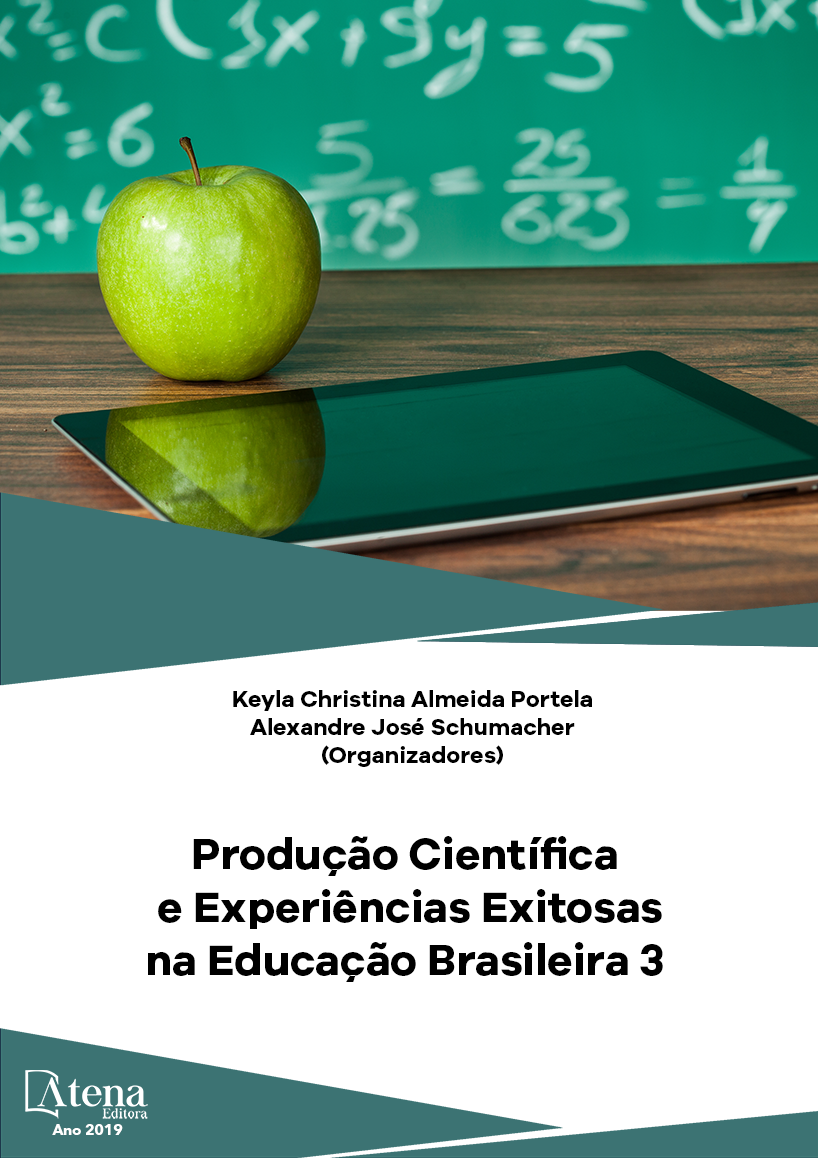
EDUCAÇÃO DOMICILIAR: UM DESAFIO PARA O SISTEMA EDUCACIONAL BRASILEIRO
A legalidade do Ensino Domiciliar
no Brasil é questionada, mas não há qualquer
lei regulamentada na realidade educacional
brasileira que prevê a Educação Domiciliar, o
que dá margem para intepretações a partir da
própria constituição e outros marcos legais que
não estão diretamente ligados à área educativa.
Assim, este estudo buscou analisar em que
medida a Educação Domiciliar pode se tornar
um ato insidioso em nosso país, baseando-se
em pontos abordados pela legislação brasileira
e neles são tratados alguns “gaps” que
colocam em paralelo o sistema de educação
convencional, contrapondo o que se constata
na comparação com a adoção dessa nova
proposta, cuja direção pertencerá literalmente
aos pais, que a realizarão em sua própria
residência. Esta pesquisa bibliográfica incidiu
nas principais fontes em notas de conferências
internacionais e nacionais, além de blogs,
livros, sites e artigos publicados na internet.
Apoiada em dados de outros autores sobre as
realidades de outros continentes/países no que
tange à educação domiciliar, haja vista que,
esses possuem mais tempo de implementação
na área. Como conclusão fica claro que as
inquietações e mesmo as questões levantadas,
ainda não encontram respaldos consistentes
para serem respondidos, pois não há ainda um
trabalho de acompanhamento longitudinal sobre
a implementação da Educação Domiciliar, mas
ficam expressas as dúvidas sobre estarmos
prontos para esta abertura e muito incertos
sobre os reais motivos que levam os pais a
decidirem por cuidar da educação dos filhos em
suas casas.
EDUCAÇÃO DOMICILIAR: UM DESAFIO PARA O SISTEMA EDUCACIONAL BRASILEIRO
-
DOI: 10.22533/at.ed.53219210817
-
Palavras-chave: Educação Domiciliar; socialização; função social da escola e poder familiar
-
Keywords: Home Education; socialization; social function of school and family power.
-
Abstract:
Much is being asked about legality
of Home Teaching in Brazil, but there is no law
regulated in the Brazilian educational reality
which provides for Home Education, which
gives scope for interpretations from the own
constitution and other cool milestones that are
not directly linked to the educational area. Like
this, this study sought as a general objective
analyze the extent to which Home Education
Produção Científica e Experiências Exitosas na Educação Brasileira 3 Capítulo 17 197
can become an insidious act in our country. The study was based on the points
Brazilian legislation and some of them “Gaps” are dealt with which put the education
system in parallel conventional, comparing what is found in the comparison with the
adoption of this new proposal, whose direction will belong literally to the parents,
that they performed in their own residence. It’s a bibliographical research, consisting
of the main sources in conference notes international and national, as well as blogs,
books, websites and articles published on the internet. It is also supported by from
other authors on the realities of other continents / countries when it comes to home
schooling, given that they have more implementation time in the area . In conclusion
it is clear that the concerns and even the issues raised, still do not find consistent
support to be answered, because it is not yet seen a longitudinal follow up work on the
implementation of Home Education, Domicile, but the doubts are expressed about how
we are ready for this opening and very uncertain about the real reasons parents lead
parents to take care of the education of their children in their homes . There is no way to
know if it will work, and neither difficulties or possibilities, a child educated in this model
of education education will have its training carried out in all the spheres, whether in the
cognitive, emotional and psychosocial, since its relations with the world and their peers
will be very superficial and limited.
-
Número de páginas: 15
- Natanael Pereira da Silva
- Sônia Regina Basili Amoroso


